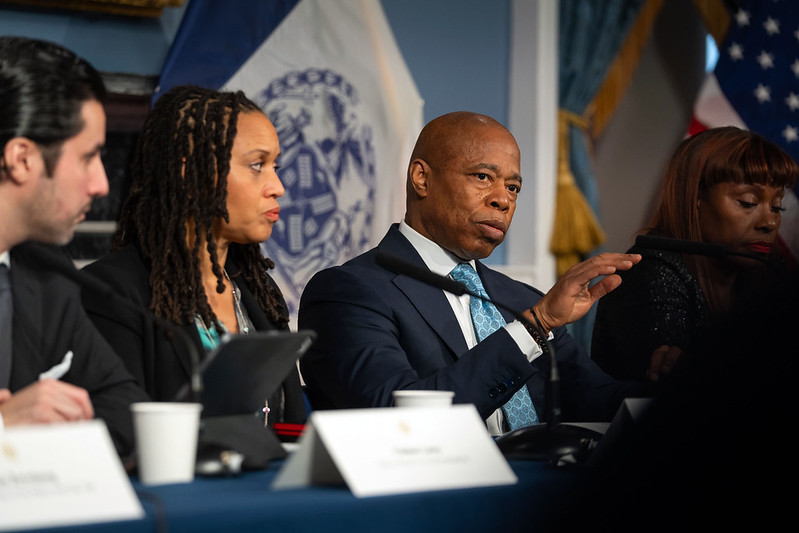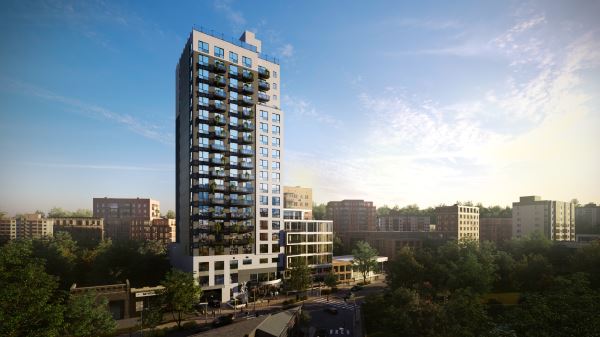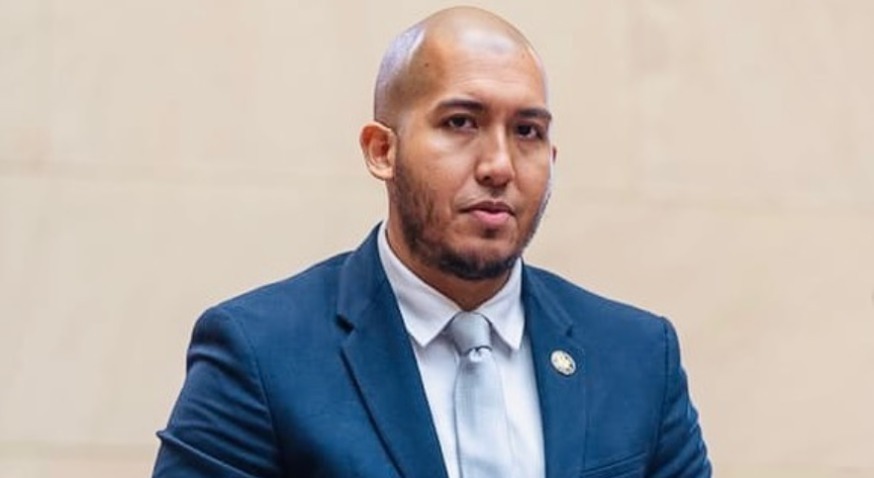A top Canadian military official says that Ottawa is negotiating an arrangement with Jamaica to allow the Canadian military to stage out of the Caribbean island in the event of trouble or even natural disasters in the region.
Lt. Gen. Stuart Beare, who’s in charge of Canada’s overseas military force, disclosed in Ottawa, the Canadian capital, on Oct. 24 that the two Commonwealth partners have been quietly developing closer ties that recently manifested itself with the deployment of three CH-146 Griffon helicopters to back up the Jamaican defence force.
“We have a great partnership in the region,” he told reporters here. “Geographically, it’s in a perfect spot.”
Beare said Jamaica’s position — centrally located in the Caribbean — puts it at “an interesting crossroads” in the region, which has suffered its share from disasters ranging from the 2010 earthquake in Haiti to repeated hurricane devastation.
He revealed that Canada’s Defence Department has been quietly scouting locations around the world to establish staging bases, small-scale depots that can be quickly expanded to support operations should the need arise.
Defence Minister Peter MacKay recently signed a memorandum of understanding with Kuwait to create such a hub to support military operations in the Middle East and Central Asia, Beare said.
Defence experts have said that, closer to home, Canada’s response to the Haitian disaster was complicated by the absence of such a long-term arrangement.
They cite as an example the fact that military equipment had to be off-loaded in the Dominican Republic and flown into the quake-ravaged nation.
Much like the talks with Kuwait, negotiations over the Jamaican base are running in tandem with talks to expand trade, Beare said.
Military co-operation between the two countries extends back some years, and includes training for Jamaican commandos who helped end a dramatic hijacking a few years ago.
Canada also assisted in the construction and development of the Jamaican Military Aviation School.
Beare said the deployment involving the Griffon helicopters is close to winding down, adding that the majority of the missions have been medical evacuations.
He said Canada was asked to provide the aircraft during hurricane season to replace Jamaica’s search-and-rescue plane while it was put into a major overhaul.
Military experts say the mission allowed the Canadian military to reclaim a “critical skill set that had fallen by the wayside during the Afghan war.”
The deployment allowed crews to conduct intense training for downed jetfighters, something they’d not be able to do during multiple rotations of Griffon helicopters in Kandahar.
“At our fighter bases, whenever you lose an airplane, you have the capability to go find them and recover our people,” Beare said.
“We’ve been able to recreate the level of search and rescue capability with those aircrew and SAR teams in four months, where it would have taken a year-and-a-half under normal circumstances in Canada,” he added.
Beare said it also gave Griffon pilots extra search and rescue time in the air. The utility helicopter has been deployed in Central Canada to replace the Cormorants.

























